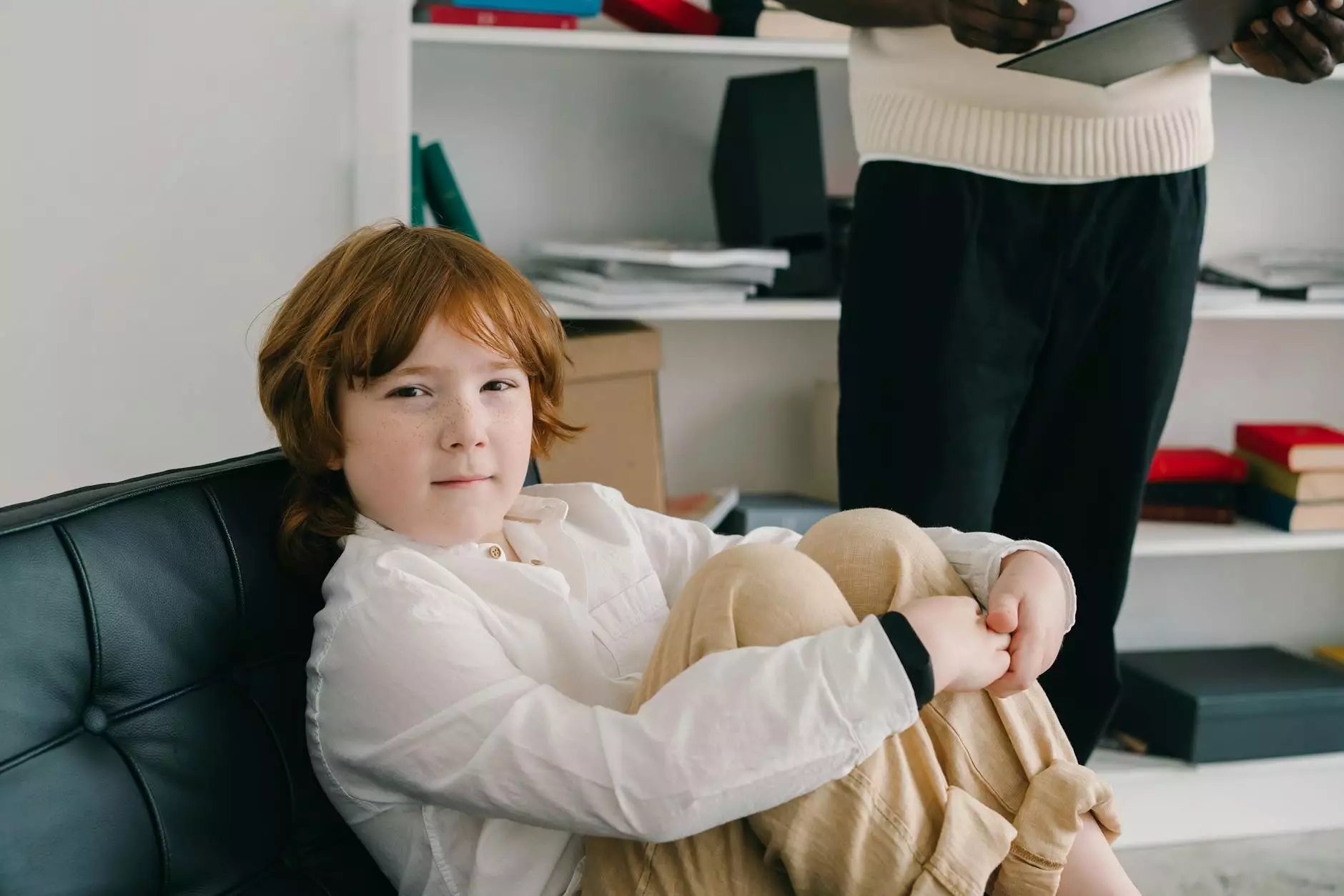How Interaction with Animals Benefits Children with Autism

Children with autism often struggle with communication, social interaction, and sensory difficulties. While various therapies and interventions aim to support their development, one particularly effective approach is interaction with animals. This article explores the profound benefits of animal interaction for children with autism, highlighting the positive impact it can have on their social skills, emotional well-being, and overall development.
Improving Social Skills Through Animal Interaction
Animal therapy provides children with autism a unique opportunity to develop and practice their social skills in a safe and non-judgmental environment. Interacting with animals, such as dogs, cats, horses, or even farm animals, encourages communication, empathy, and social bonding.
Through animal-assisted activities and therapies, children with autism can improve their:
- Verbal and non-verbal communication skills
- Ability to interpret emotions and body language
- Capacity for reciprocal interactions
- Social initiation and engagement
- Empathy and understanding of others
Animals, known for their unconditional love and non-verbal communication, provide a unique connection for children with autism, who may struggle with traditional social interactions. The emotional support and companionship offered by animals create an environment where children feel accepted, valued, and safe to explore their social skills.
Enhancing Emotional Well-being and Anxiety Reduction
Interaction with animals has been shown to have a positive impact on the emotional well-being of children with autism. Animal therapy can help reduce anxiety, stress, and meltdowns while fostering a sense of calm and emotional regulation.
Animals provide unconditional love, acceptance, and a predictable routine, which can help children with autism feel more secure and reduce their anxiety levels. The tactile and sensory experiences involved in interacting with animals can also be soothing, allowing children to relax and experience a sense of comfort.
In addition, animals can serve as effective emotional support tools, helping children with autism process and express their feelings. The presence of an animal friend can be a source of comfort, facilitating emotional communication and expression that may otherwise be challenging for children with autism.
Promoting Cognitive and Physical Development
Beyond the emotional and social benefits, animal interaction can also contribute to the cognitive and physical development of children with autism. Engaging with animals in various activities can enhance their cognitive abilities, including attention, concentration, and problem-solving skills.
Animal-assisted therapy sessions often involve structured exercises, such as grooming, feeding, or teaching animals tricks. These activities promote the development of fine motor skills, coordination, and sensory integration, which are essential for the overall physical development of children with autism.
Furthermore, the responsibility and routine associated with animal care can foster a sense of purpose and independence in children with autism. Taking care of the needs of an animal, such as ensuring they are fed, groomed, and exercised, instills essential life skills, promoting self-confidence and personal growth.
Conclusion
Interaction with animals offers a host of benefits for children with autism, promoting their social skills, emotional well-being, and overall development. Animal therapy provides a unique and effective approach to address the challenges faced by individuals with autism, offering them a supportive and enjoyable environment for growth.
At Festivals Bazar, we recognize the importance of animal interaction in supporting children with autism. Our eCommerce & Shopping platform offers a wide range of products and resources related to animal-assisted therapies, ensuring that families, therapists, and organizations have access to the tools necessary to enhance the lives of children with autism.









